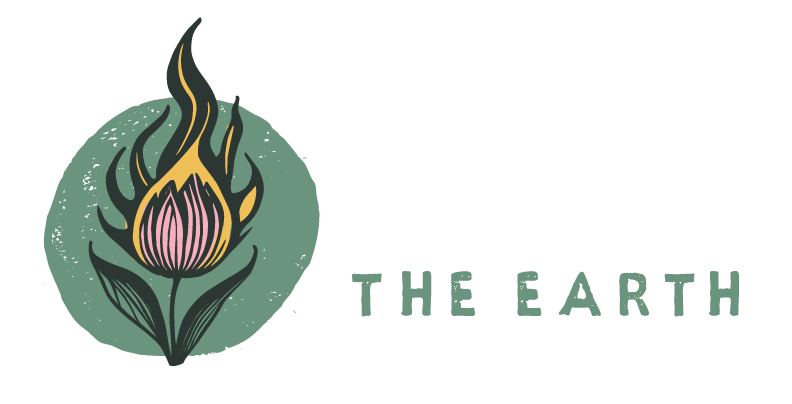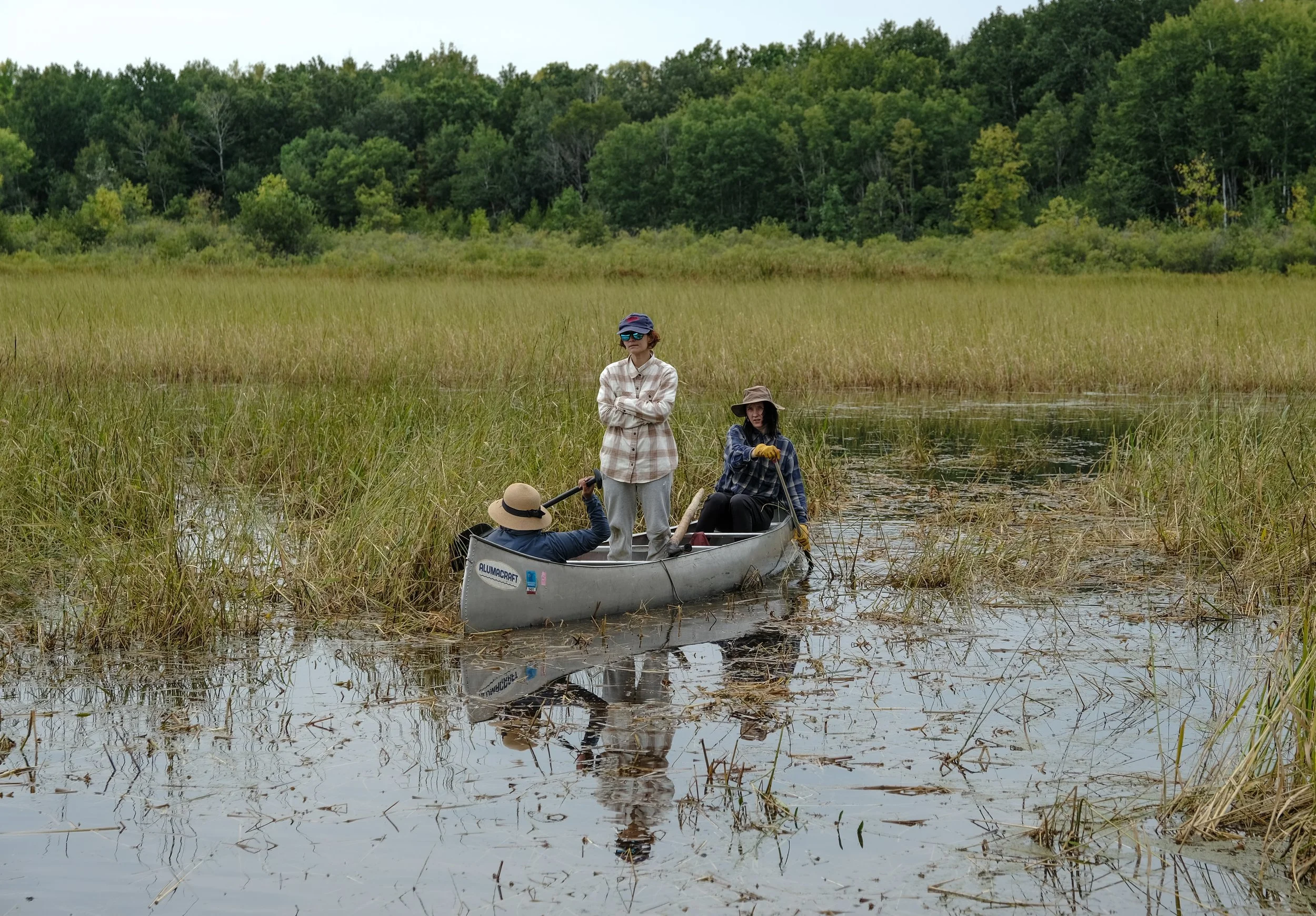Tribal Water Quality Standards are Crucial for Protecting Clean Water from Dangerous Mining Proposals
Photo by Steve Pavey
The United States government's current plan to move towards “clean” energy sources and away from fossil fuels is to mine the Earth for massive amounts of minerals and metals. This plan is anything but clean. Mining creates toxic byproducts that are nearly impossible to clean up. Replacing one heavily polluting industry with another will be a grave mistake that we cannot afford to make. It is crucial to consider the long-term impacts of these actions and prioritize protecting clean water and the health of Indigenous communities for future generations.
Mining is proven to pollute the land, air, and water. The harmful impacts of mining on the environment are well-documented, and these activities also have a devastating effect on the health and well-being of local communities. Many Indigenous nations across Turtle Island are on the frontlines of dangerous mining proposals. We must acknowledge the sovereignty of Indigenous Nations and work towards finding truly sustainable solutions that prioritize the protection of land, resources, and human health. It's also critical to remember that the fight to protect water isn't just an Indigenous issue - it's a matter that affects us all. Access to clean water is crucial for the survival of humanity, and we must all work together to ensure it is protected, especially as the climate crisis escalates.
Tribes in the United States possess the power to safeguard their resources by utilizing policies established by the Environmental Protection Agency (EPA) under the Clean Water Act.
Tribes can use the Clean Water Act to establish Tribal Water Quality standards. These policies empower tribes to develop water quality standards that are more stringent than those of the state government and offer more protection for their water resources. By doing so, tribes can influence how their water is regulated and protected. Given the historical and ongoing negative impacts of pollution and resource extraction on tribal communities, this authority is essential for tribes to safeguard their water resources and secure sovereignty over their land.
One recent example of a tribal nation acting to protect its community and clean water for all is the Fond du Lac Band of Lake Superior Chippewa’s tribal water quality standard. In 2020, Fond du Lac amended their previous tribal water quality standards with the purpose of protecting water and tribal resources on and near reservation land. This amendment came in the midst of a dangerous mining proposal, the PolyMet mine, which had just received a permit to mine from the Minnesota Pollution Control Agency (MPCA). Because state regulators often work hand in hand with mining companies and have outdated policies towards sulfide mining, PolyMet’s permit from the MPCA was strongly opposed by Indigenous and allied communities. They argued that the MPCA and PolyMet had not conducted proper tribal consultation. With the MPCA’s complicity, the fight for clean water now stood in the hands of the EPA, as Fond du Lac took this case to the Minnesota Supreme Court by objecting that the MPCA permit violated their clean water standard under federal law. The EPA eventually sided with Fond du Lac and the dangerous permit was revoked. This major win for Fond du Lac and clean water activists everywhere would not have been possible without Fond du Lac’s establishment of a tribal water quality standard.
Tribes federally recognized as states can work with the EPA for specific purposes, such as receiving grants and implementing environmental programs under the Clean Air Act and Clean Water Act. When they are federally recognized, they gain more control over their environmental resources and protect the health of their communities. The first step tribes can take towards getting water quality standards in place is applying for treatment as a state under the EPA.
Once tribes have achieved state status by the EPA, tribes can apply for funding from the EPA under section 106 of the Clean Water Act to start a water quality monitoring program. There is also $2 billion in additional environmental justice funding from the EPA Community Change Grants. This funding is crucial for tribes' efforts to monitor and address water pollution.
The EPA is also creating baseline water quality standards for reservations nationwide that do not already have water quality standards in place. This is another step towards safeguarding the health and well-being of tribal nations that have not yet established such standards.
We all share a responsibility to protect the land, air, and water for future generations. It is essential that we stand together and use all the tools at our disposal to protect our water from extraction by mining companies and other threats. Utilizing the government's existing systems ensures that our water is protected and preserved for years to come.
Below are helpful links that can help tribes begin to establish water quality standards:
Link to EPA’s water quality standard tools for tribes that include treatment as a state template: https://www.epa.gov/wqs-tech/water-quality-standards-tools-tribes
Link to EPA’s section 106 grant under the Clean Water Act: https://www.epa.gov/water-pollution-control-section-106-grants/tribal-grants-under-section-106-clean-water-act#tribal
Link to EPA community change grants information and government grant website: https://www.epa.gov/inflation-reduction-act/inflation-reduction-act-community-change-grants-program
https://grants.gov/search-results-detail/351071
Link to the proposed rule for the EPA baseline water quality standards for reservations. There is contact information for the EPA personnel in charge of this proposed rule. https://www.federalregister.gov/documents/2023/05/05/2023-09311/federal-baseline-water-quality-standards-for-indian-reservations

